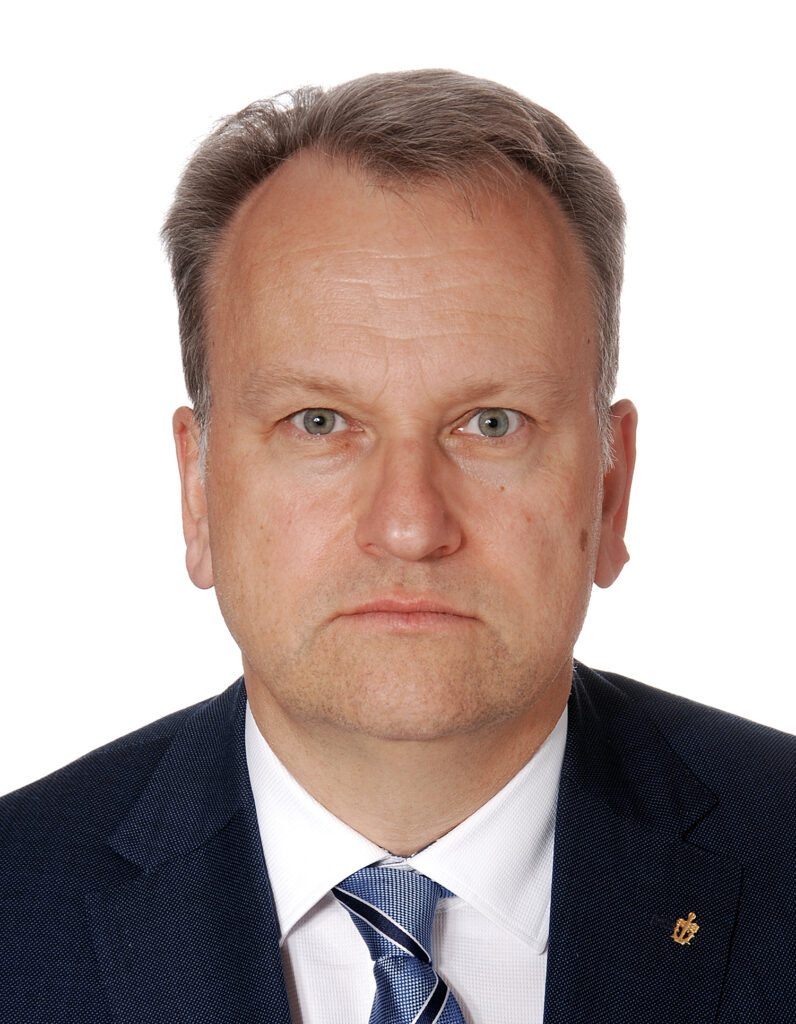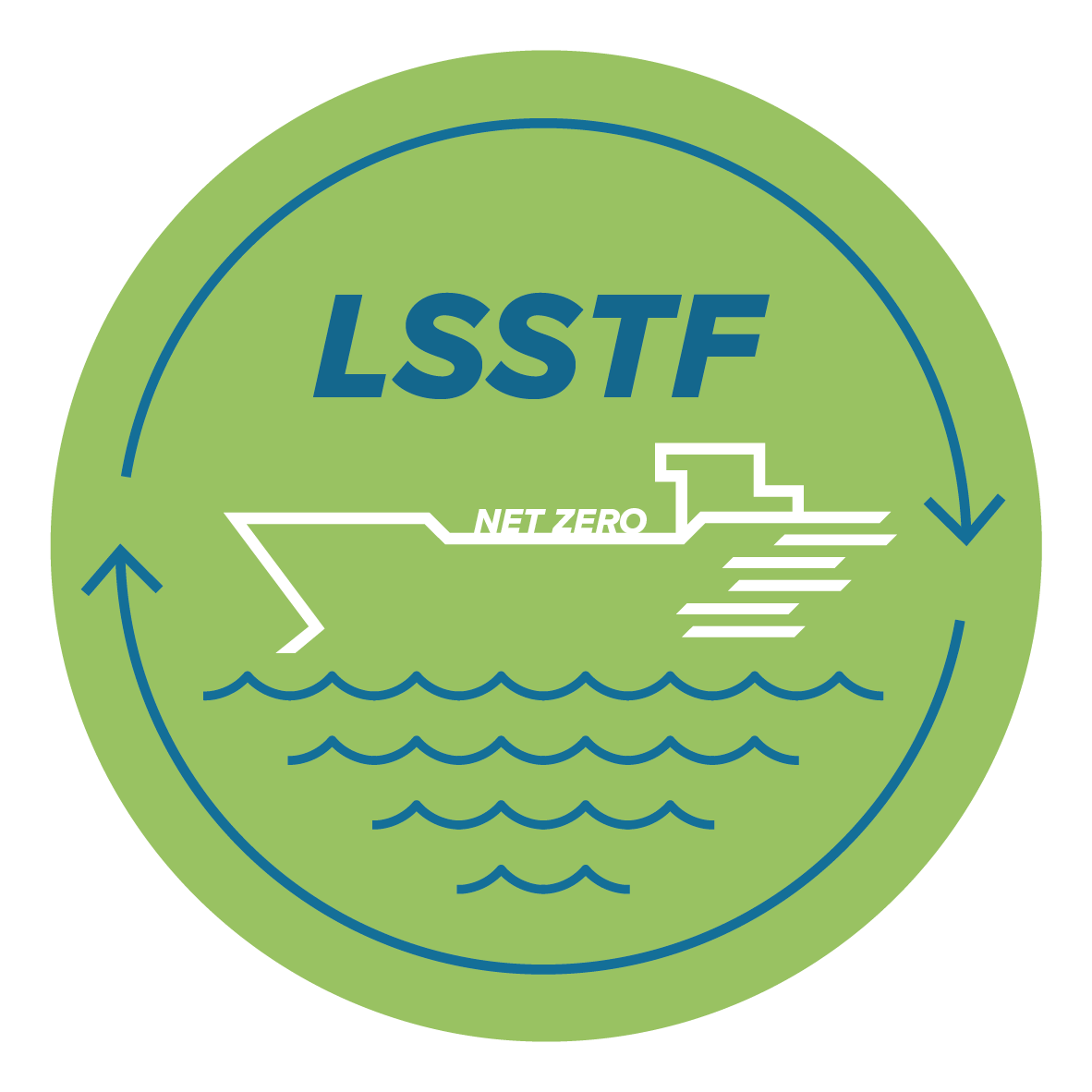Manfred SEITZ
Danube Commission
Born on 8 February 1963 in Melk, Austria
Two children, 25 and 27 years old
Vienna University of Economics
Master Study with focus on transportation and logistics
Manfred Seitz started his professional career in traffic & transport engineering and then moved to the Austrian Ministry for Science & Transport being in charge for the development and implementation of transport technology programmes.
In 1999, he led the foundation of via donau, a subsidiary of the ministry serving as innovation centre for Danube transportation and transport telematics. In 2005, via donau became the Austrian national waterway organisation by merging infrastructure operation and all development activities. As managing director, Manfred Seitz was responsible for all matters of navigation & technology until the end of 2009. He initiated more than thirty projects in various EU programs and was a driving force for many national and European policy initiatives related to inland waterway transport (IWT).
In 2011 he led the foundation of Pro Danube International (PDI) which is a network of private businesses promoting a more competitive Danube logistics system and the improvement of the Danube fairway.
Since 1st of July 2019, Manfred Seitz holds the function of the General Director of the Secretariat of the Danube Commission which is an international organisation overlooking the regulations and rules for the navigation on the river Danube waterway and its navigable tributaries.

Greening of Danube navigation - roadmap to an (almost)-zero emission Danube fleet
Currently, a roadmap for a near-to-zero-emission Danube fleet is under development, outlining how the Danube fleet can become almost emission-free by 2050. Amongst others, on short-term, political support for drop-in fuels (e.g., sustainable biofuels) are promoted, and on medium-term the Introduction of zero-emission propulsion technologies going beyond the usage of drop-in fuels. As long-term vision transformation pathways toward climate-neutral Danube shipping, based on research by the Central Commission for the Navigation of the Rhine (CCNR) and workshop outcomes have been formulated, being subject to further development in the future.



